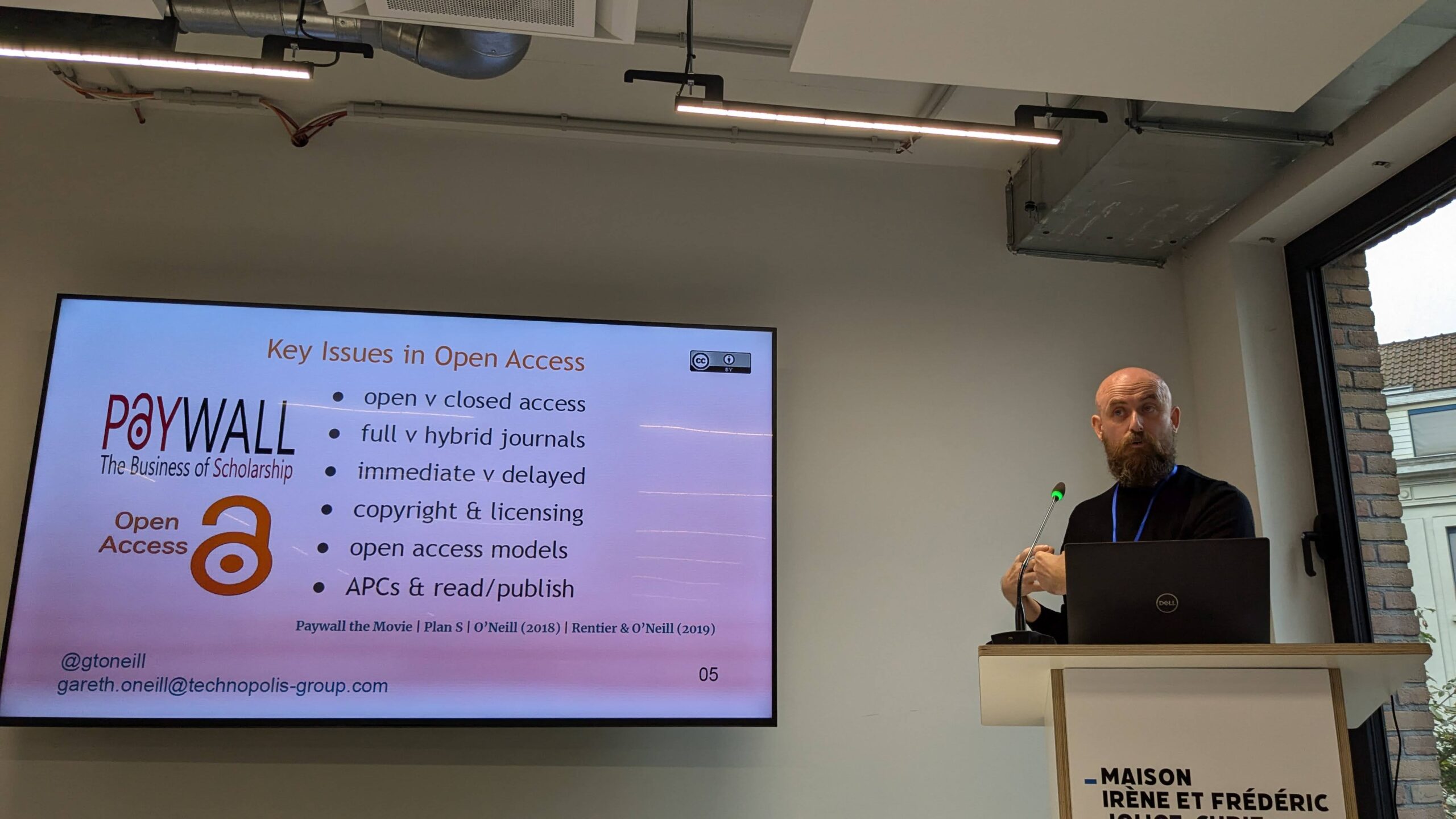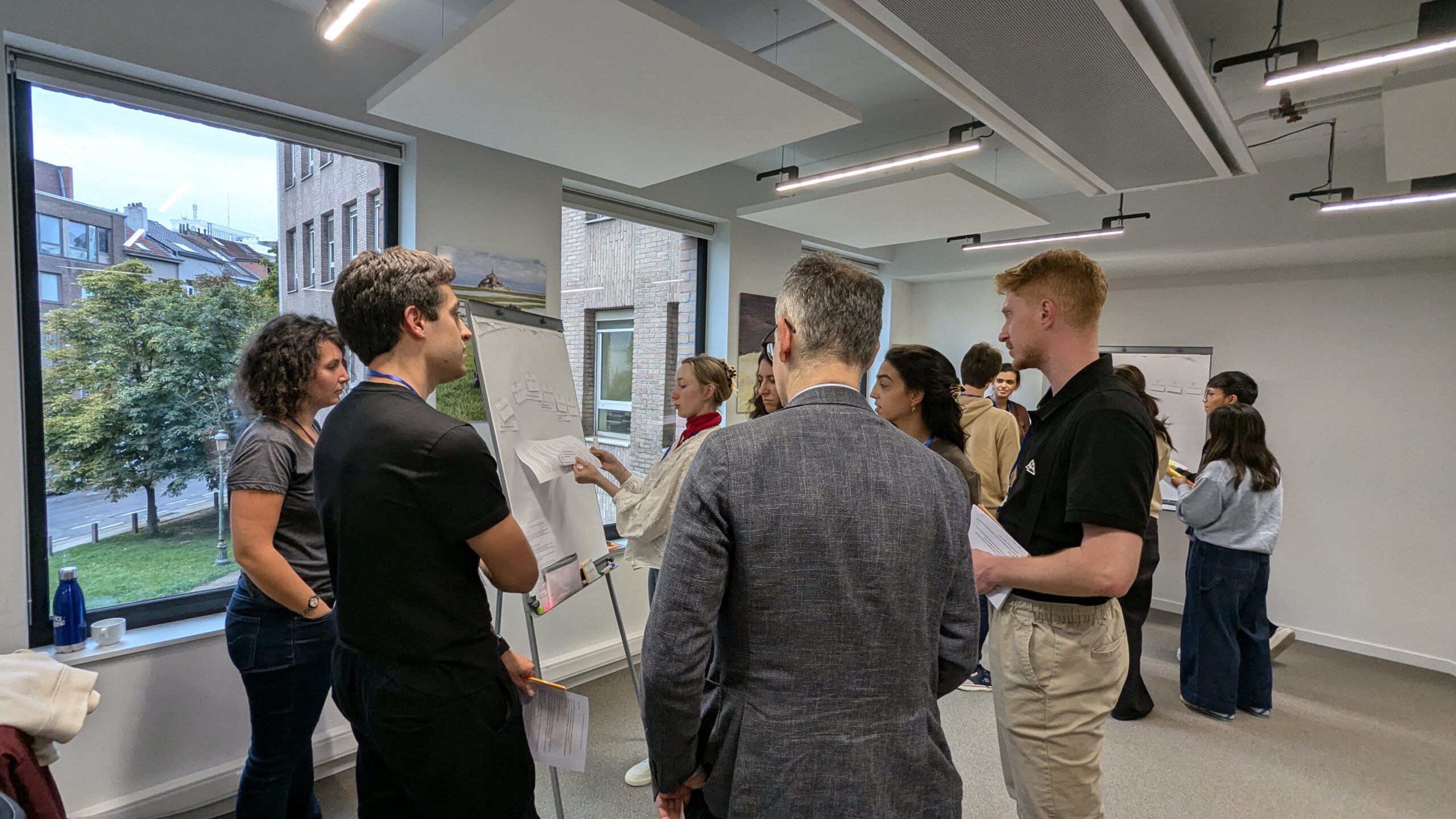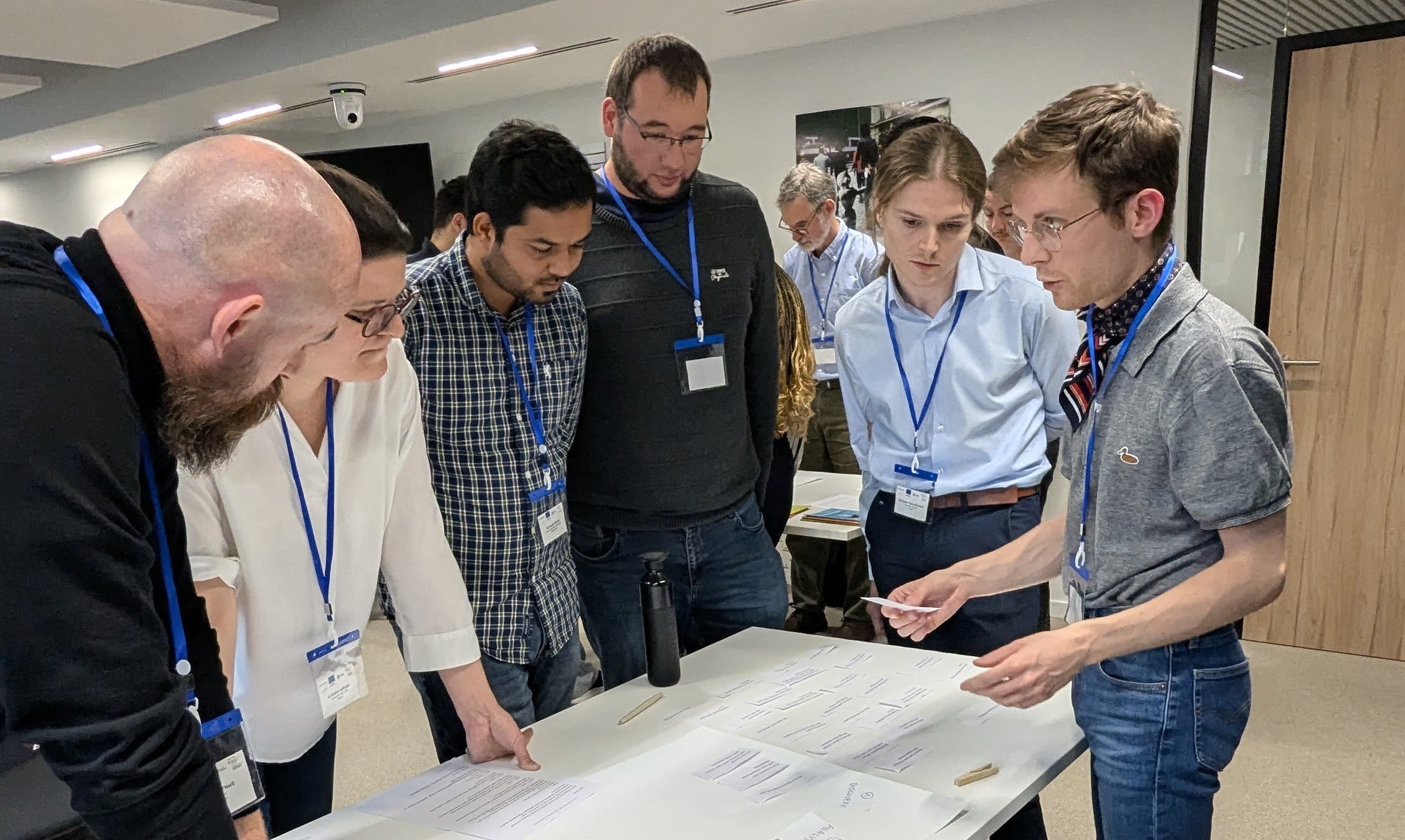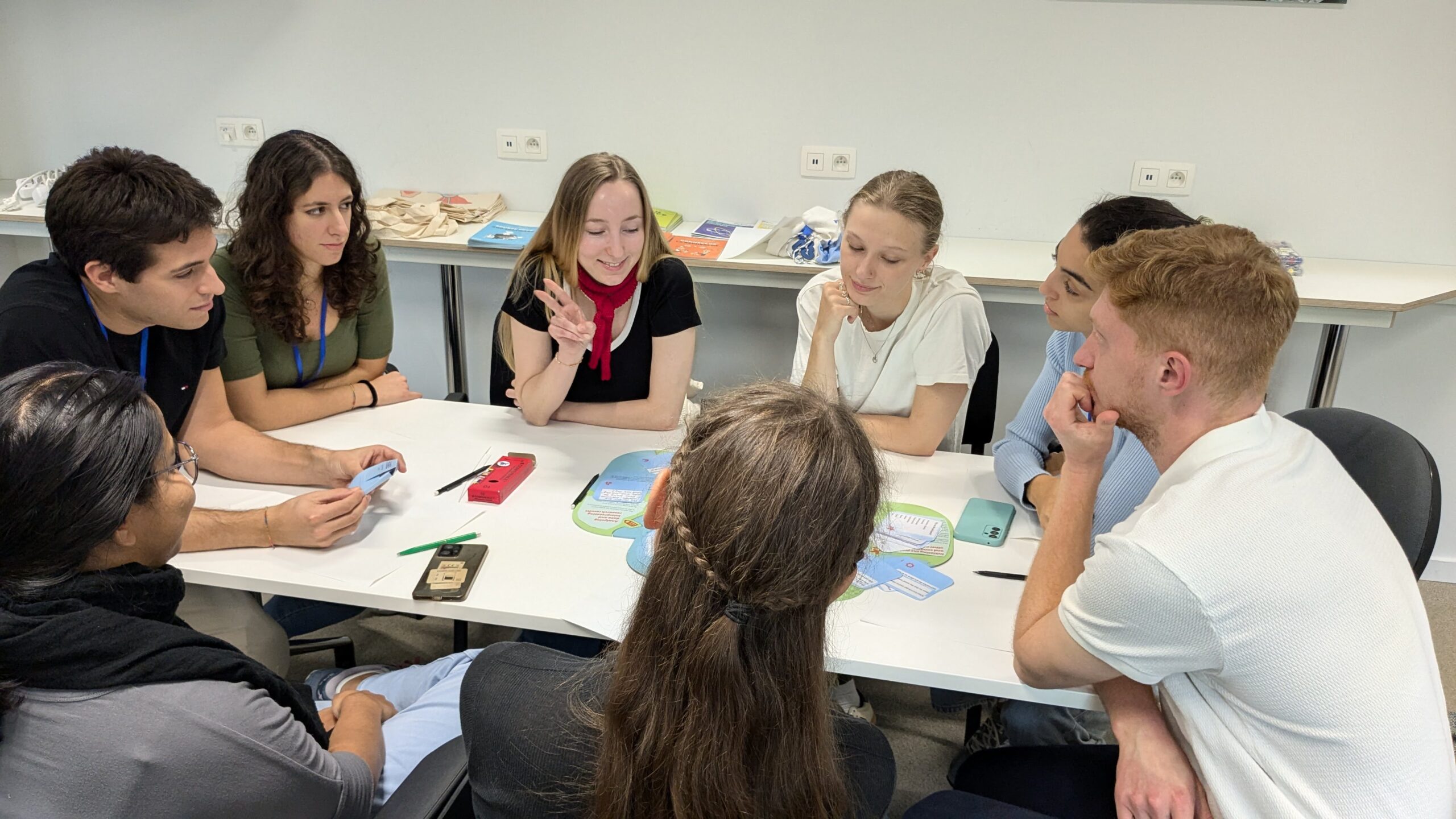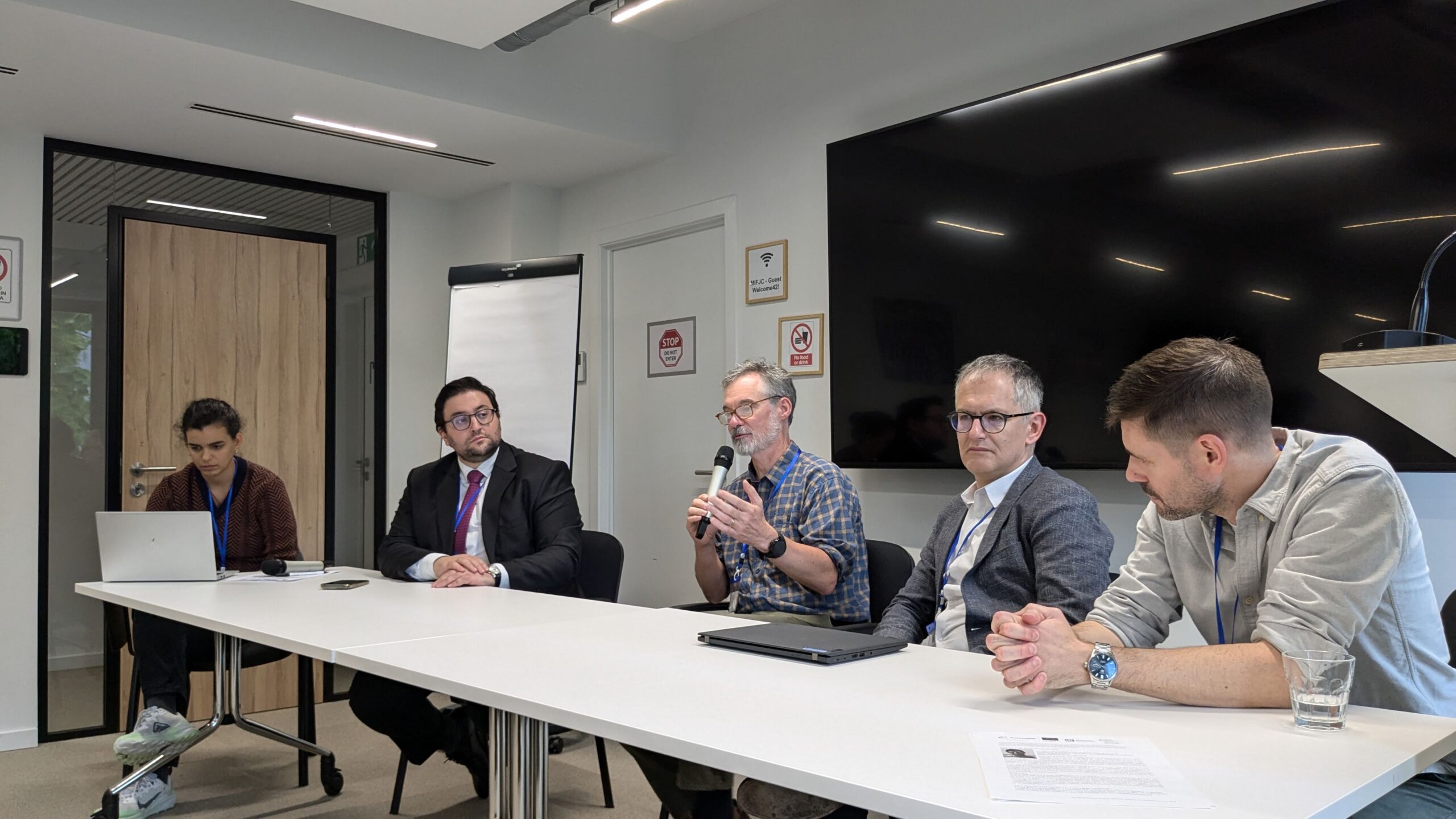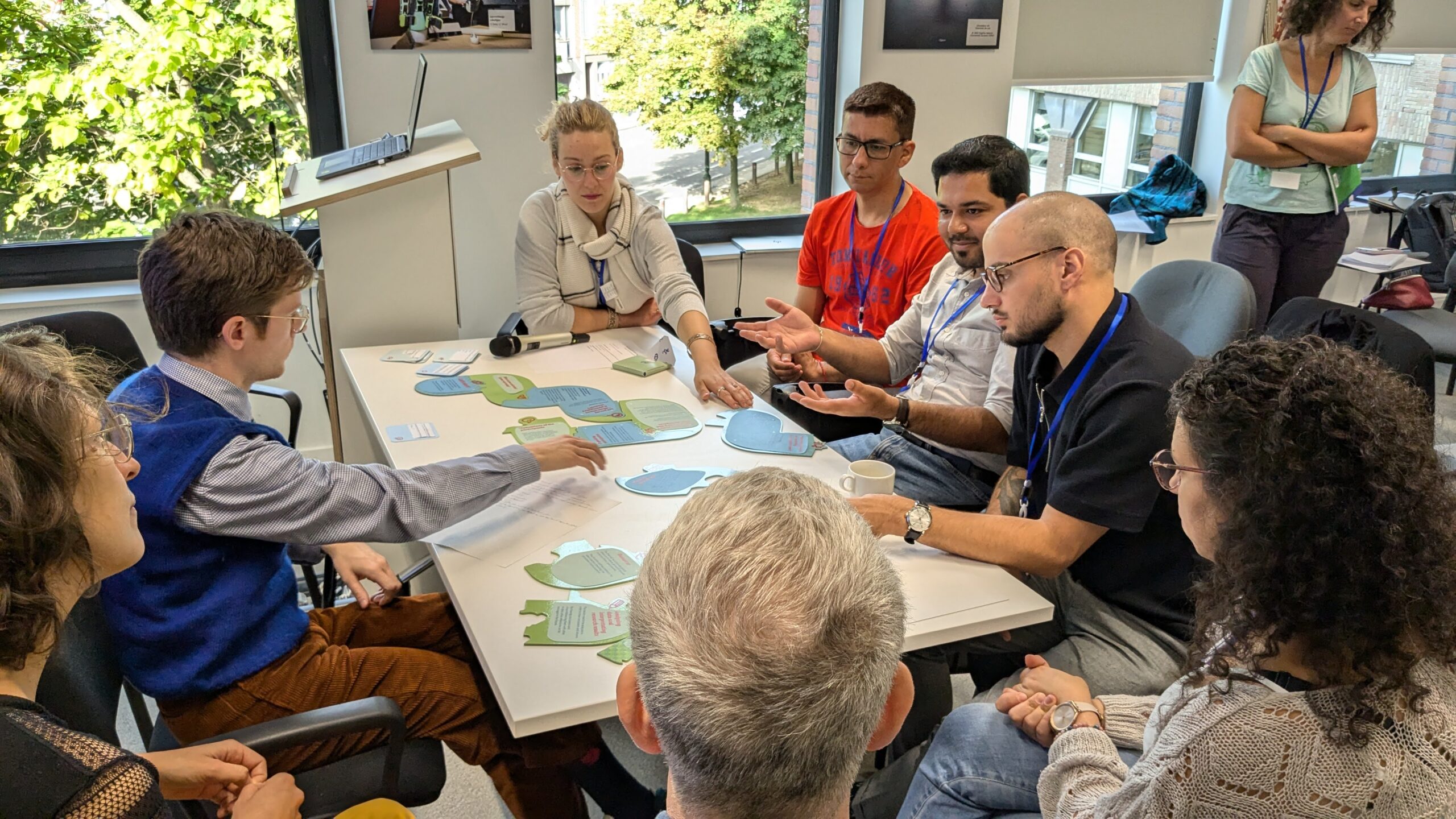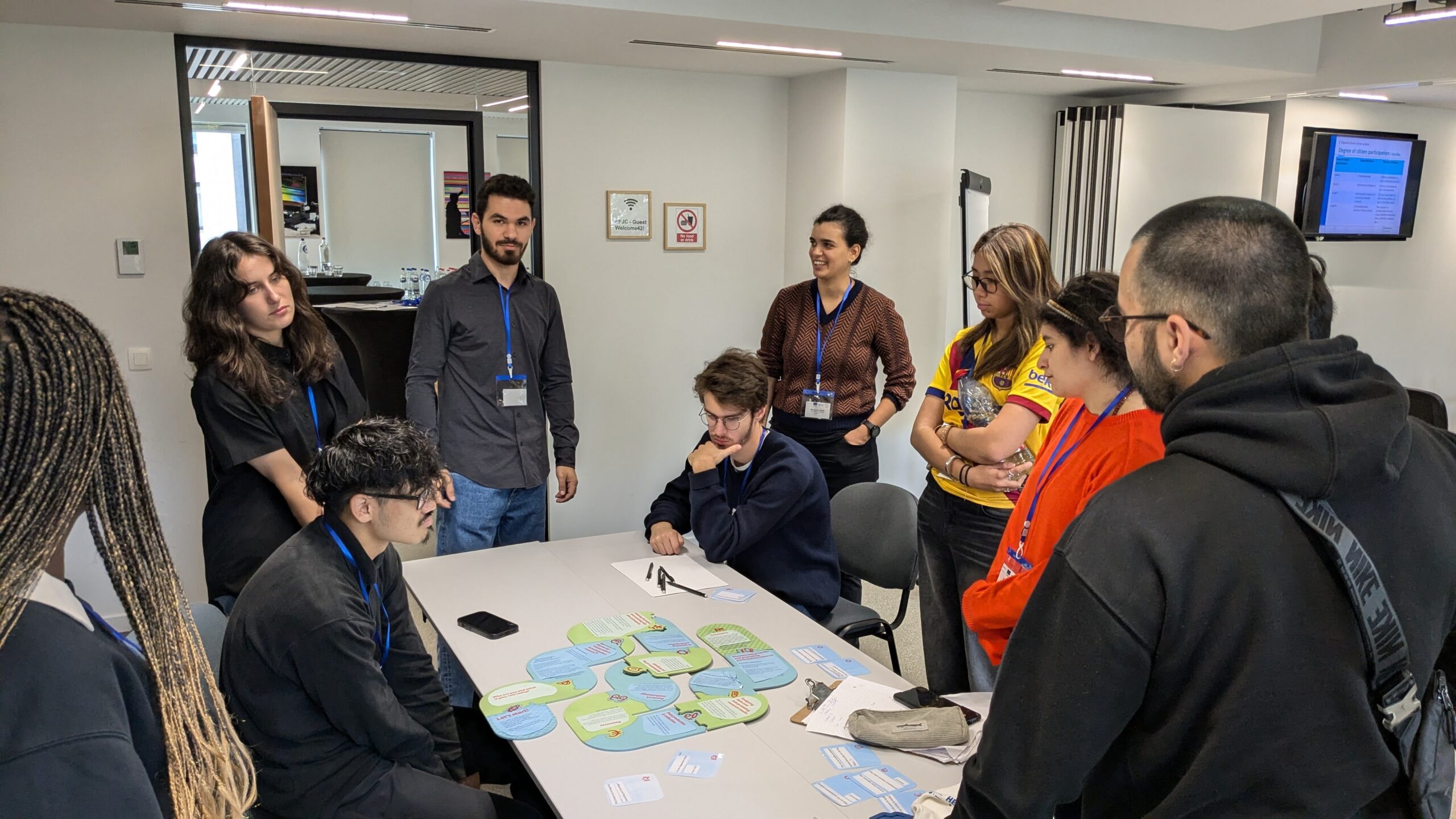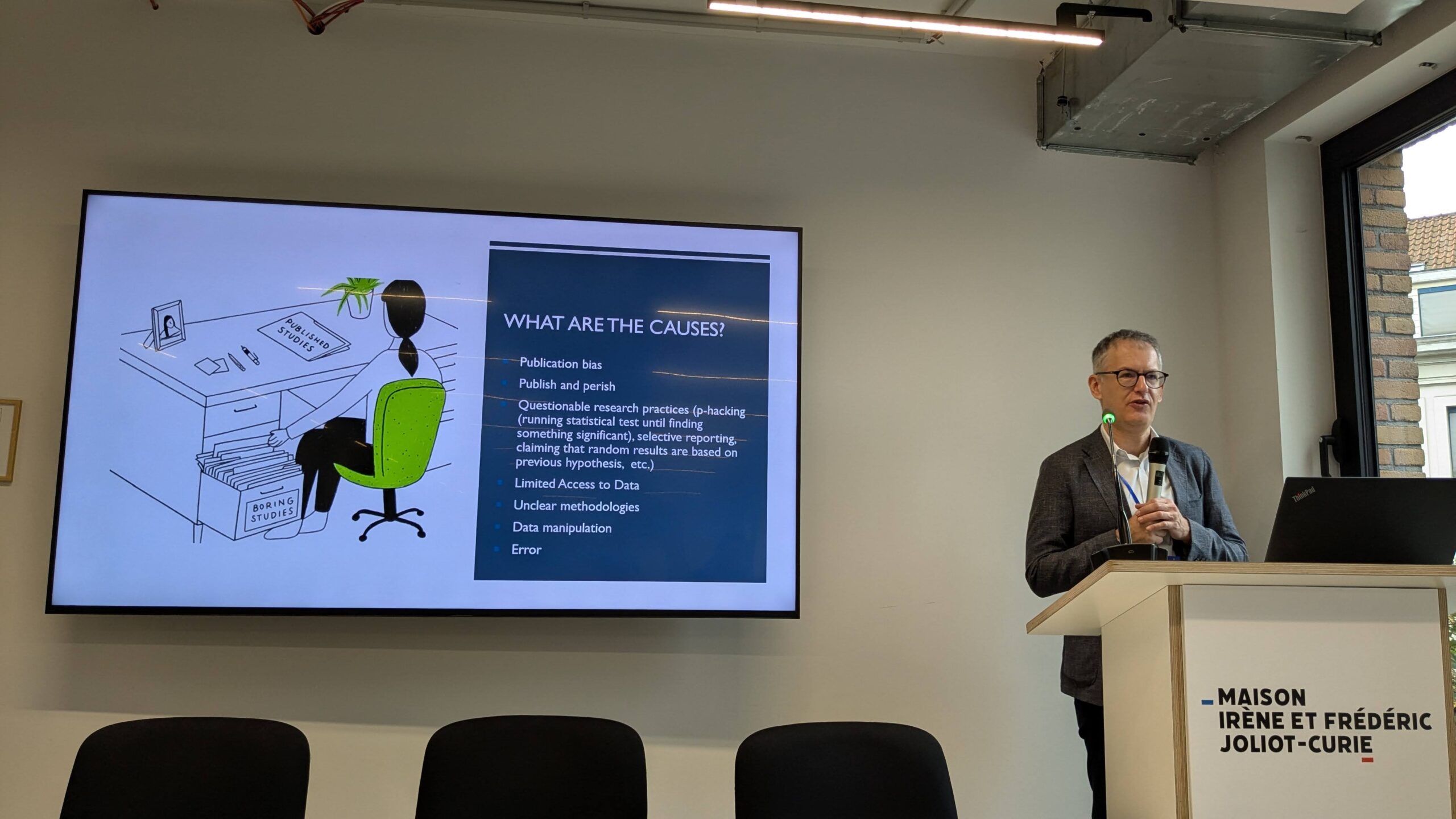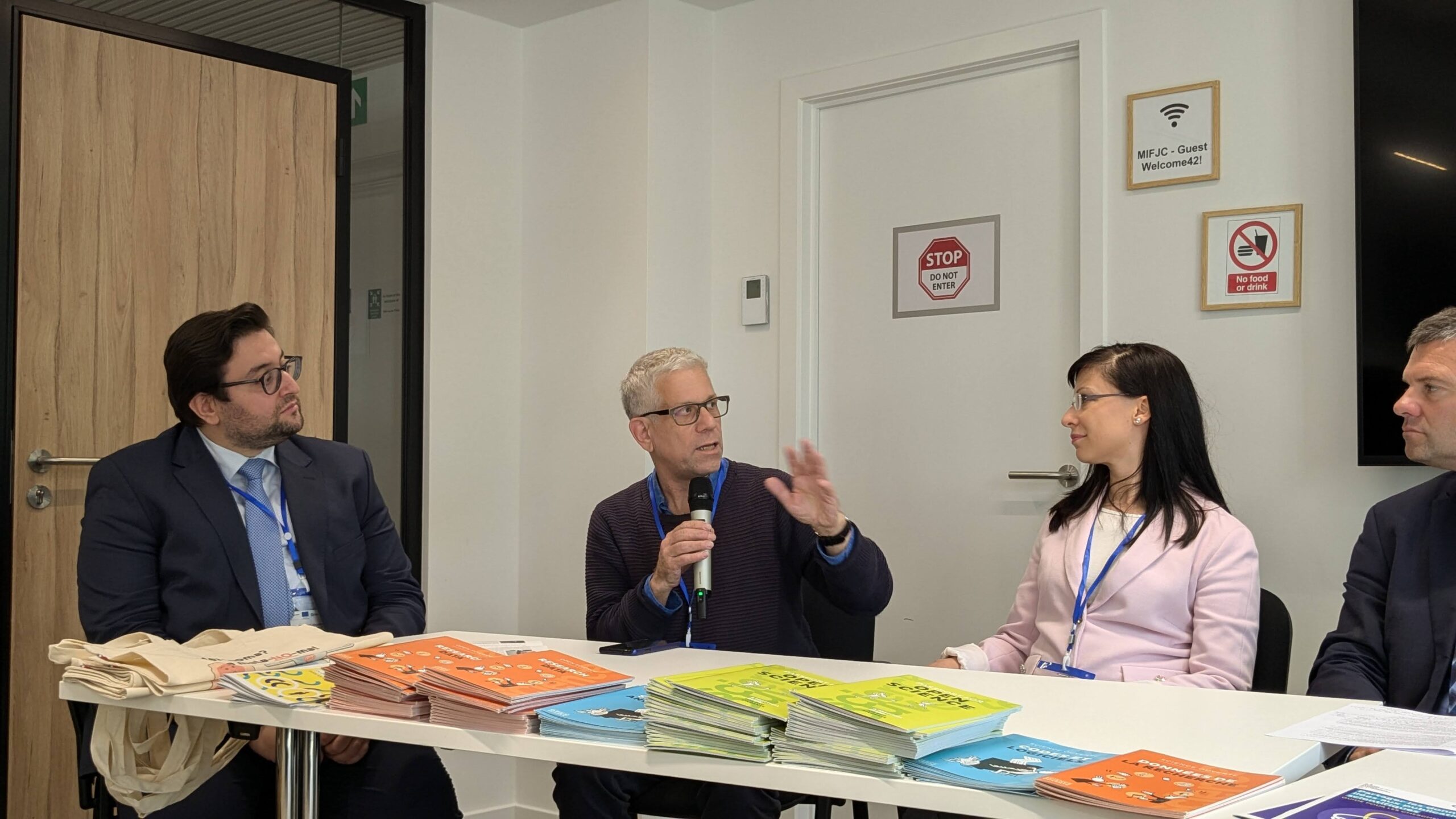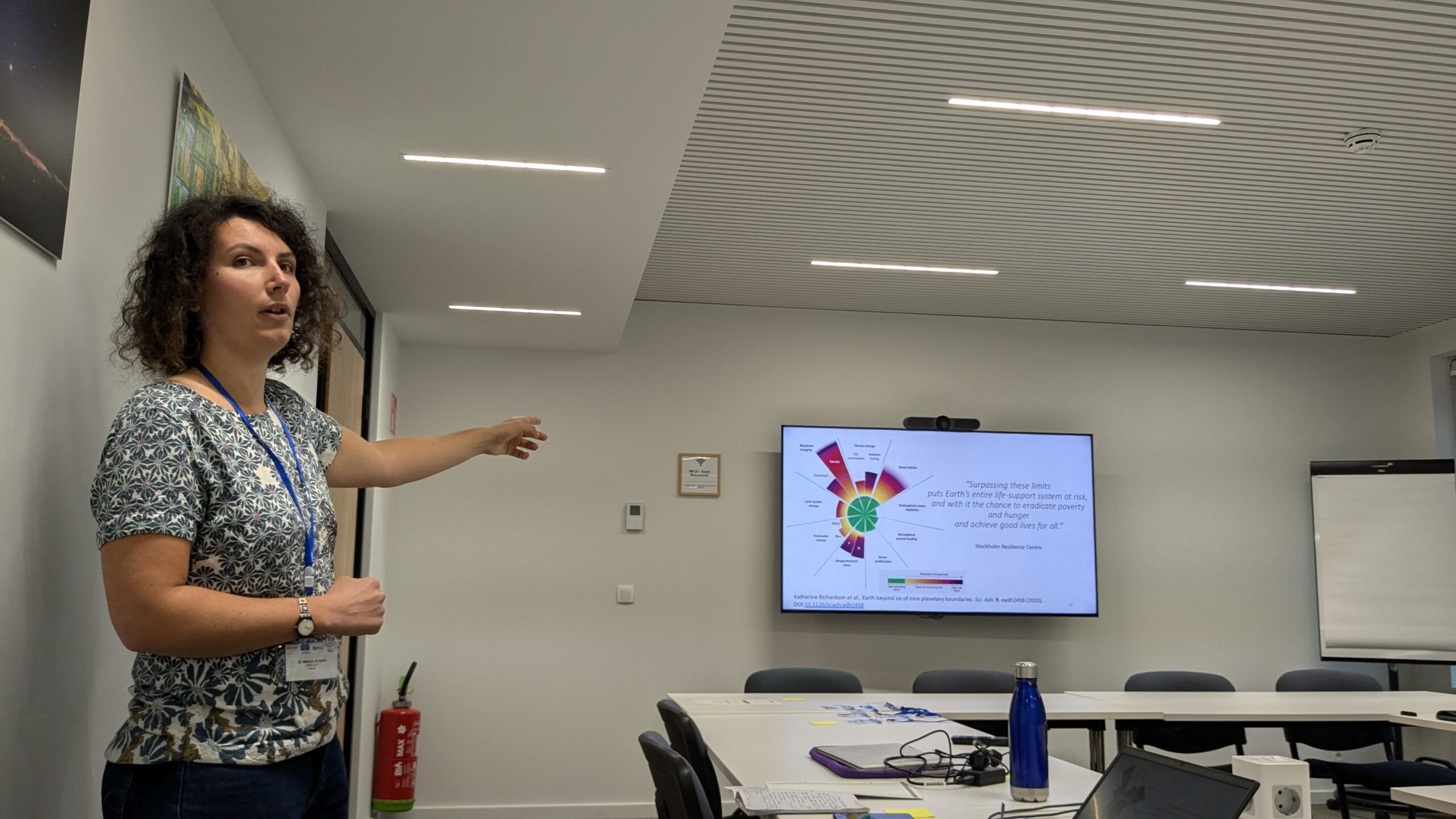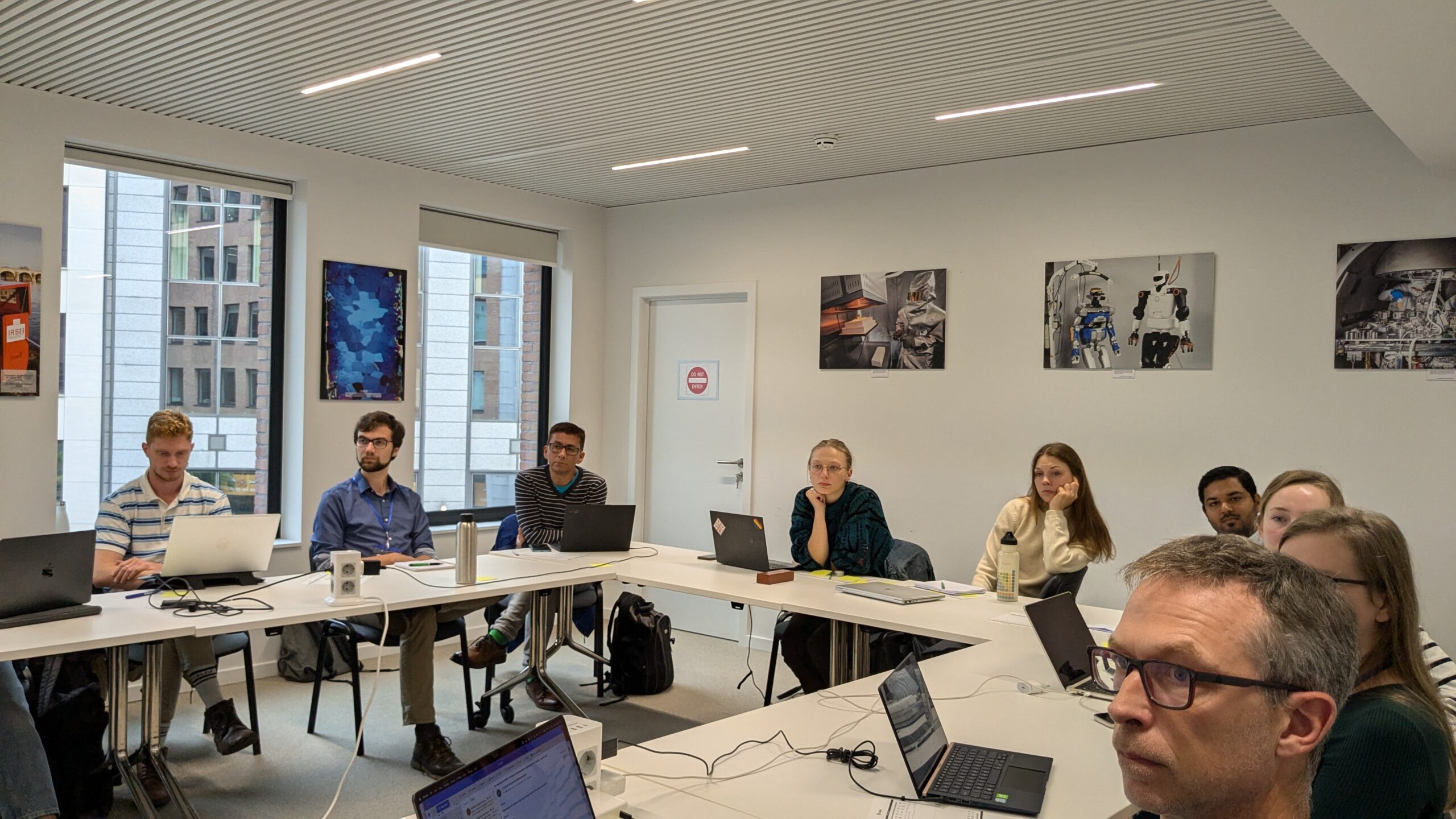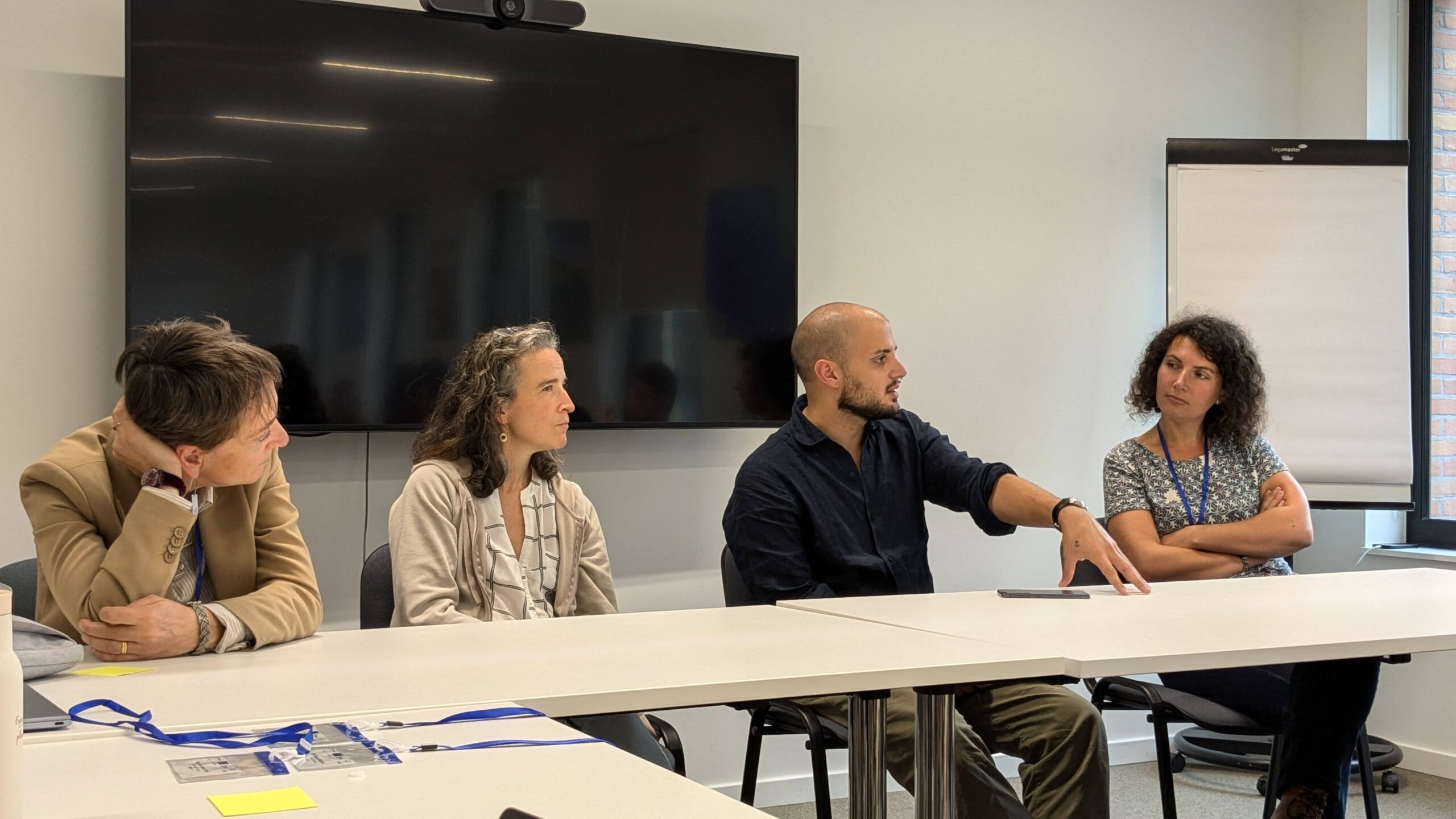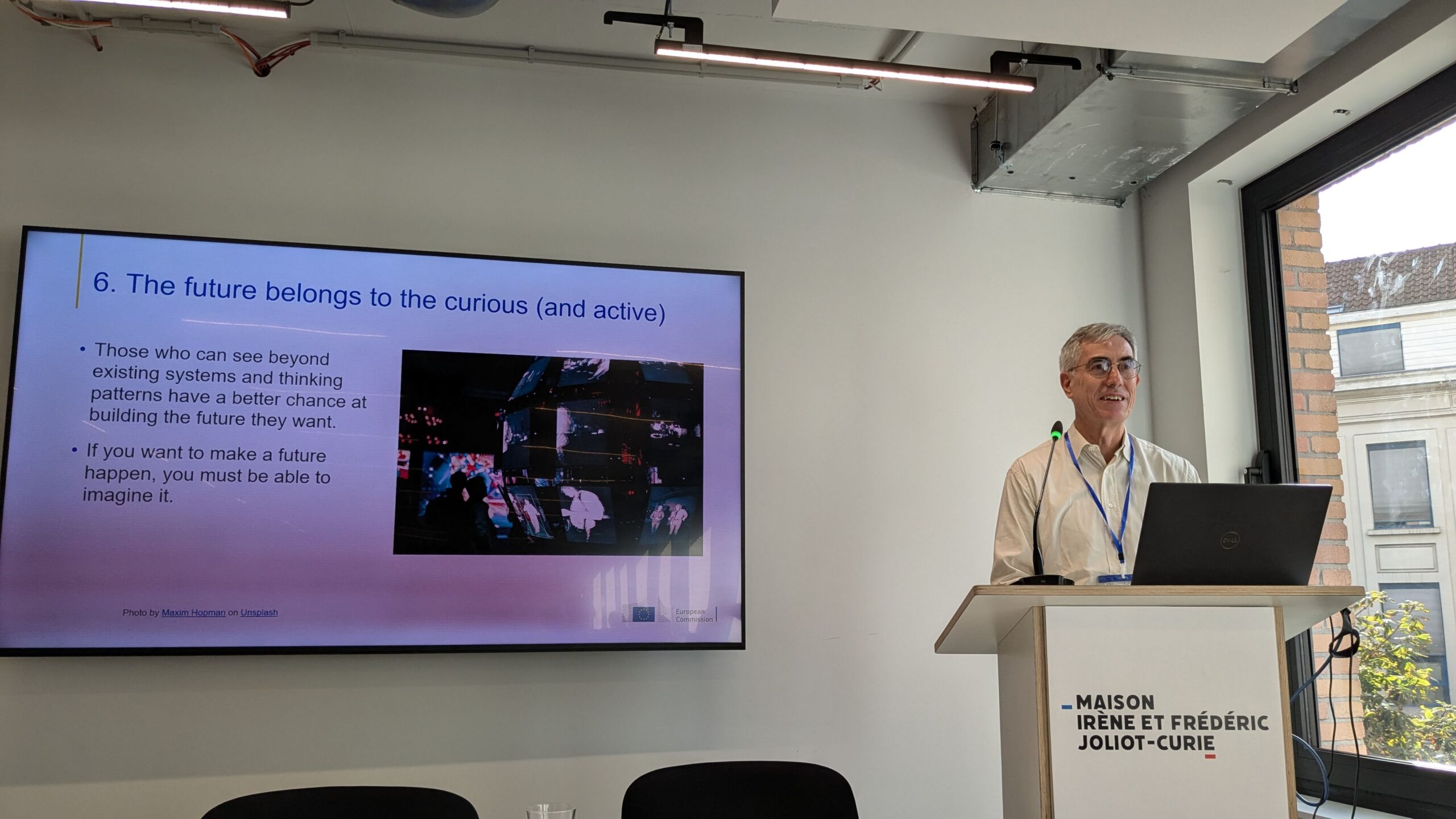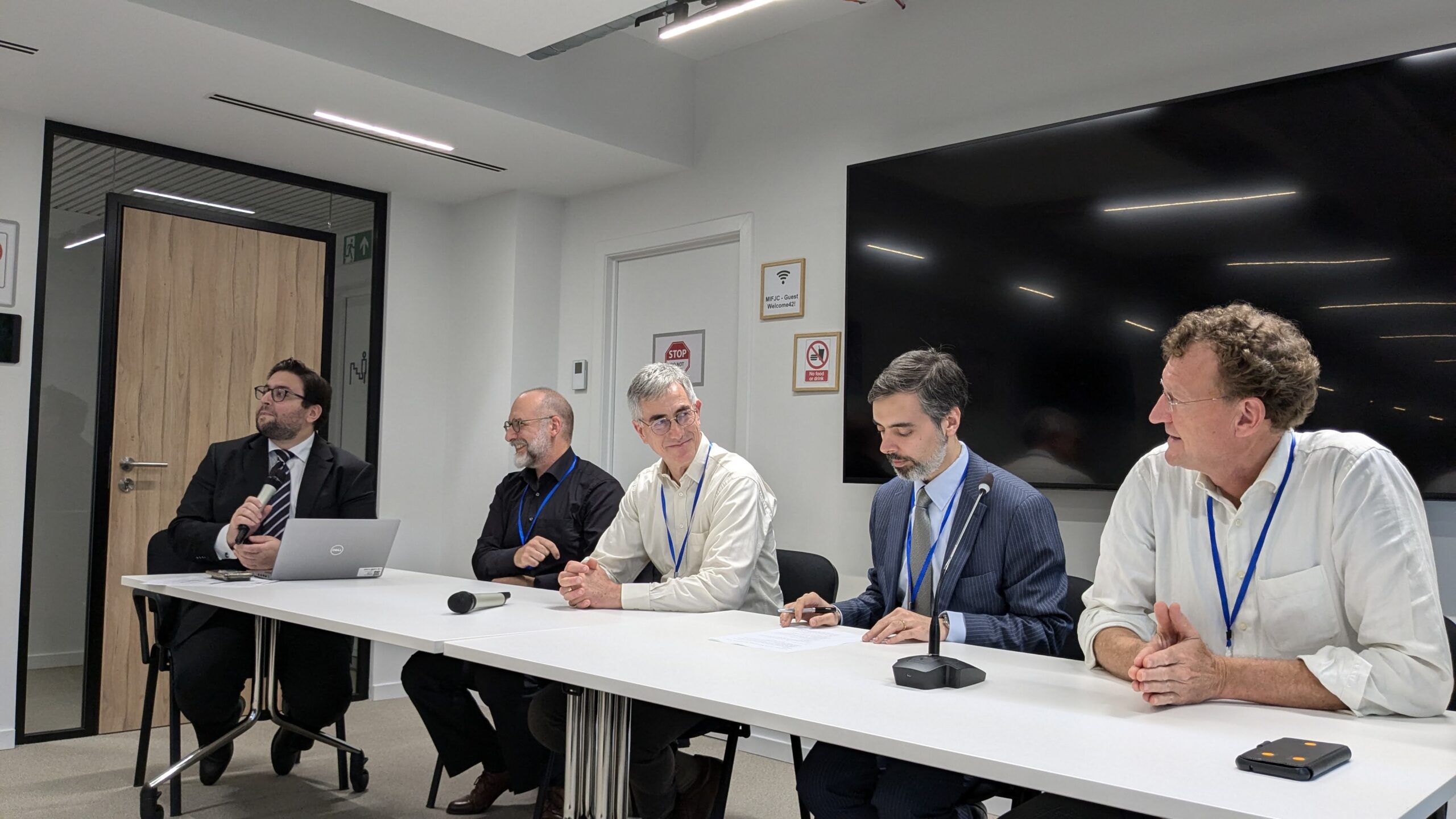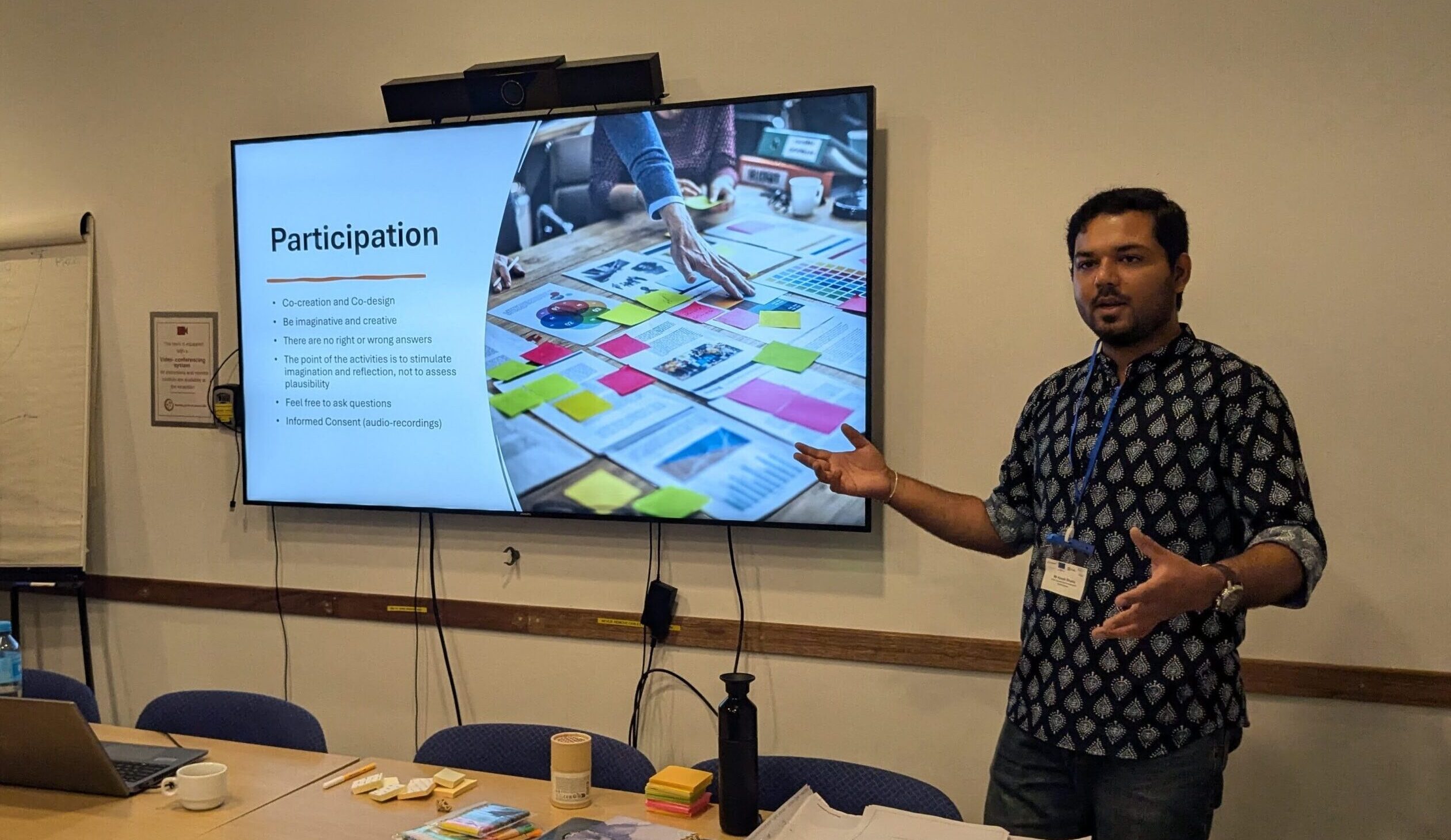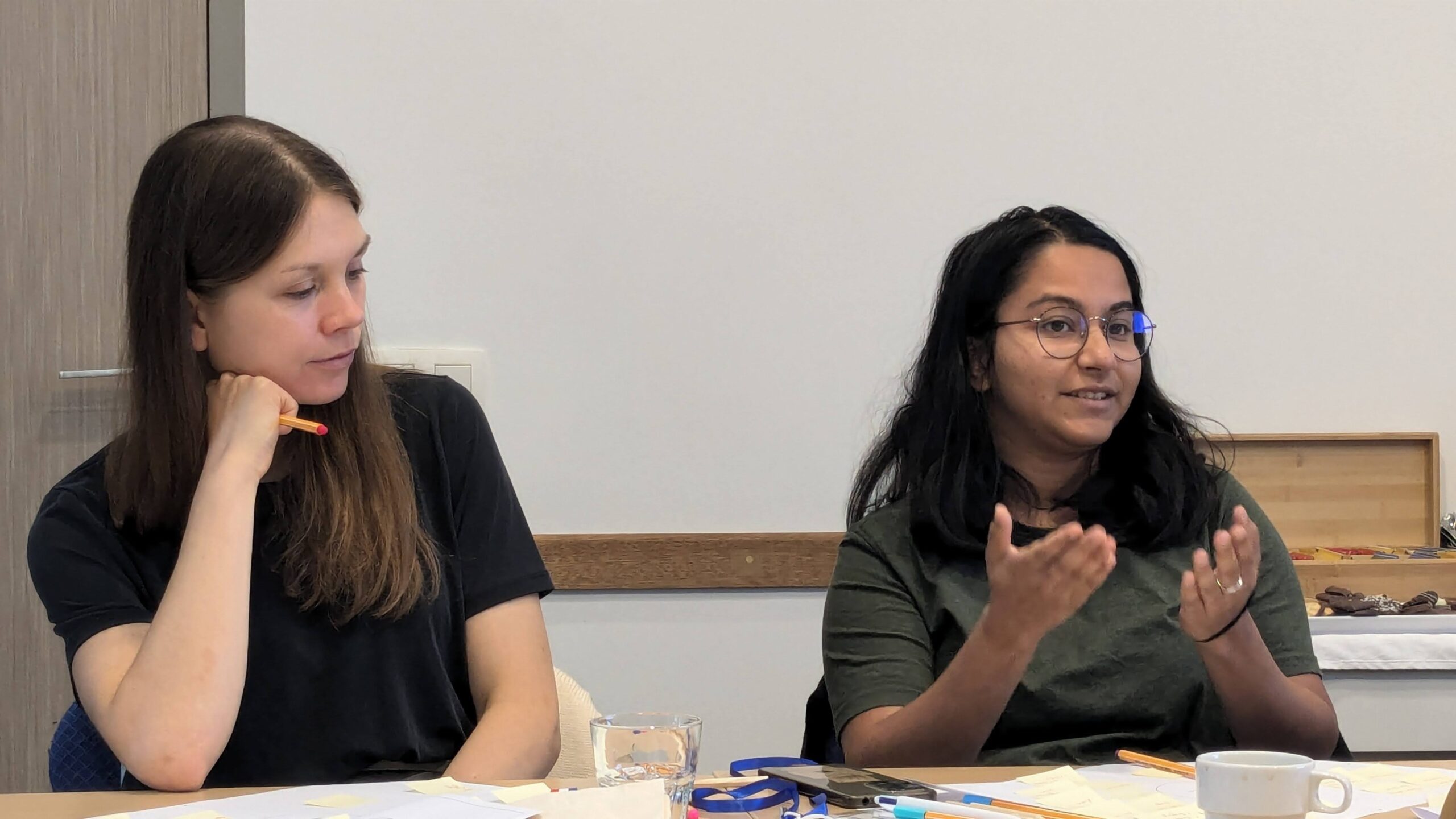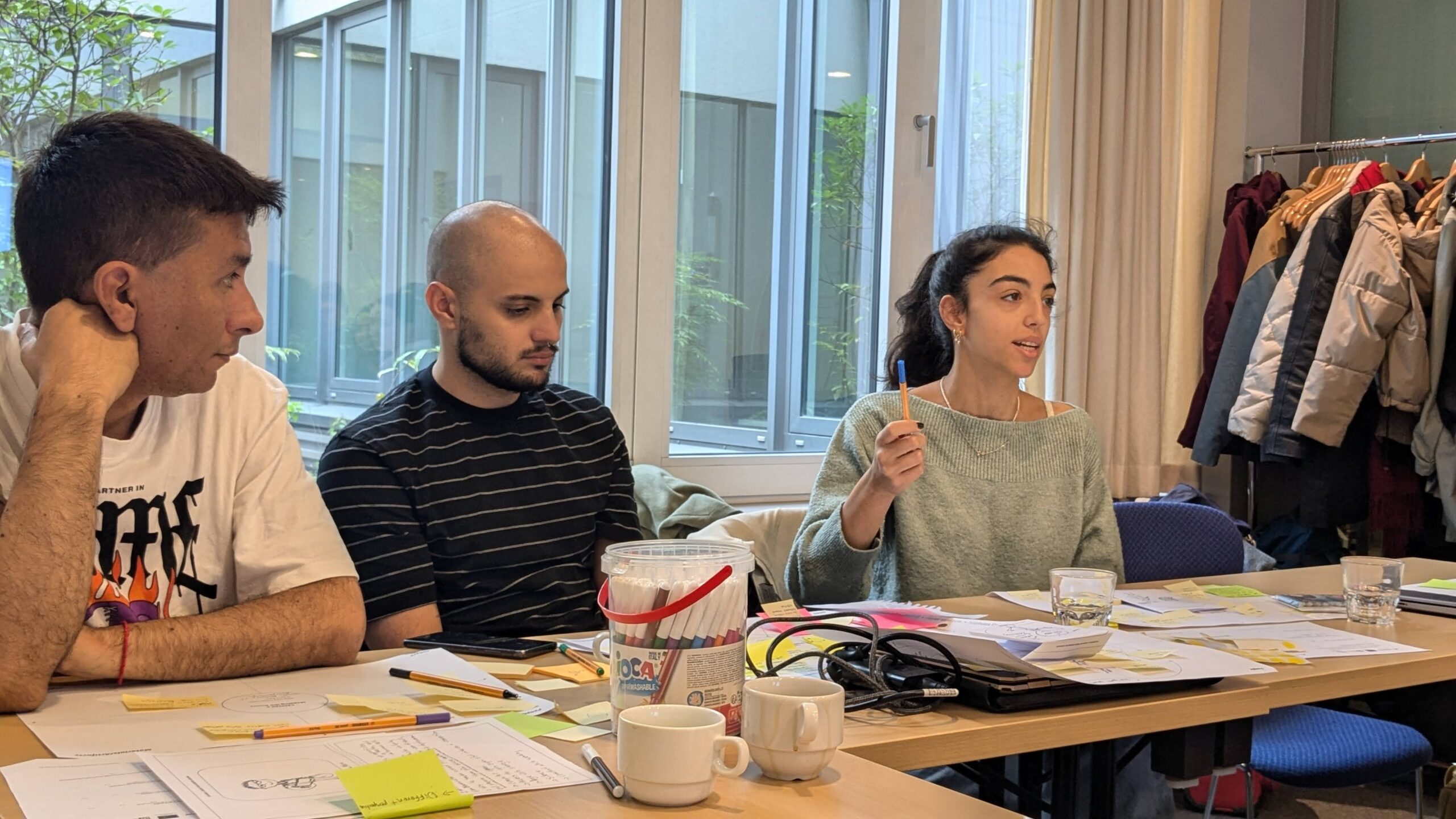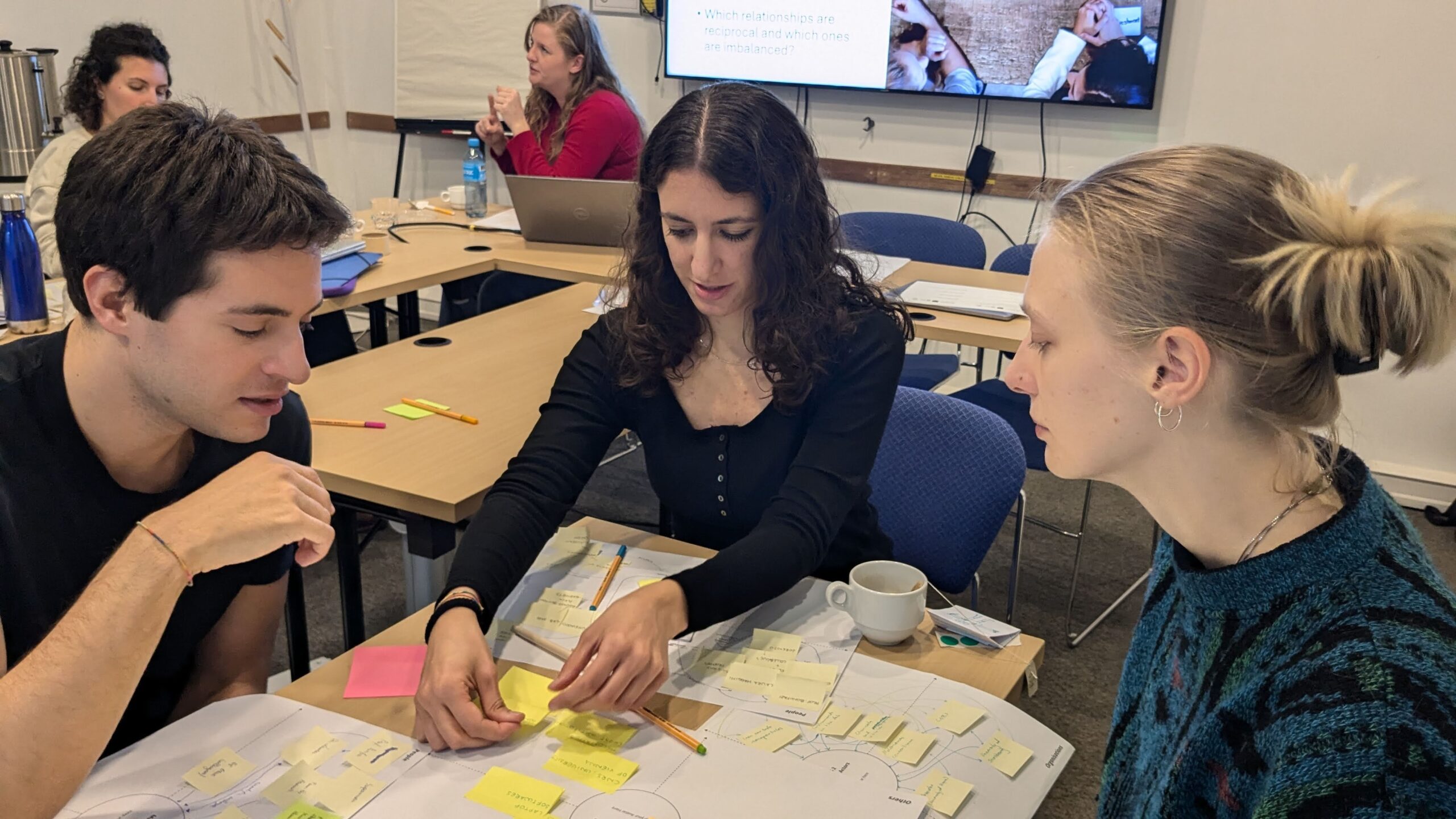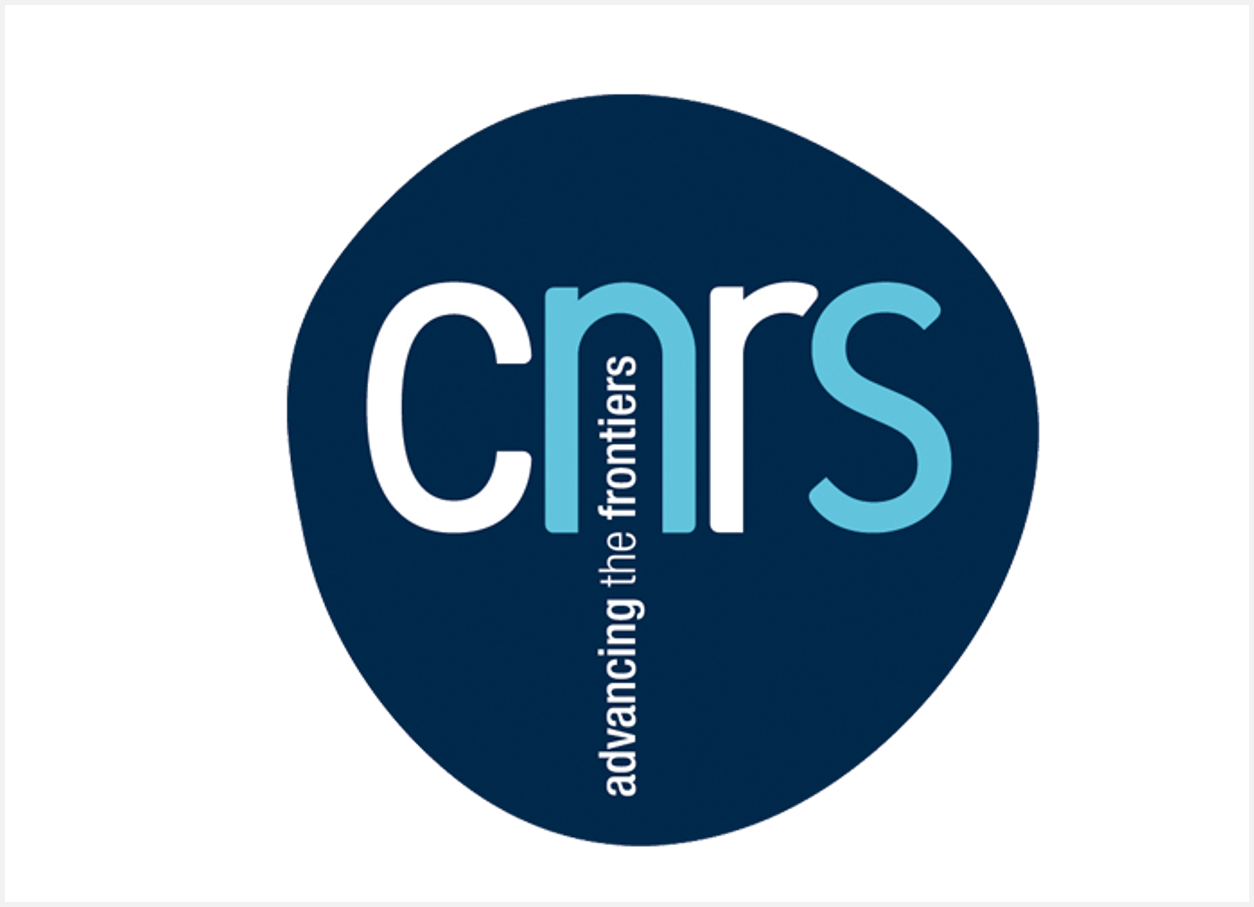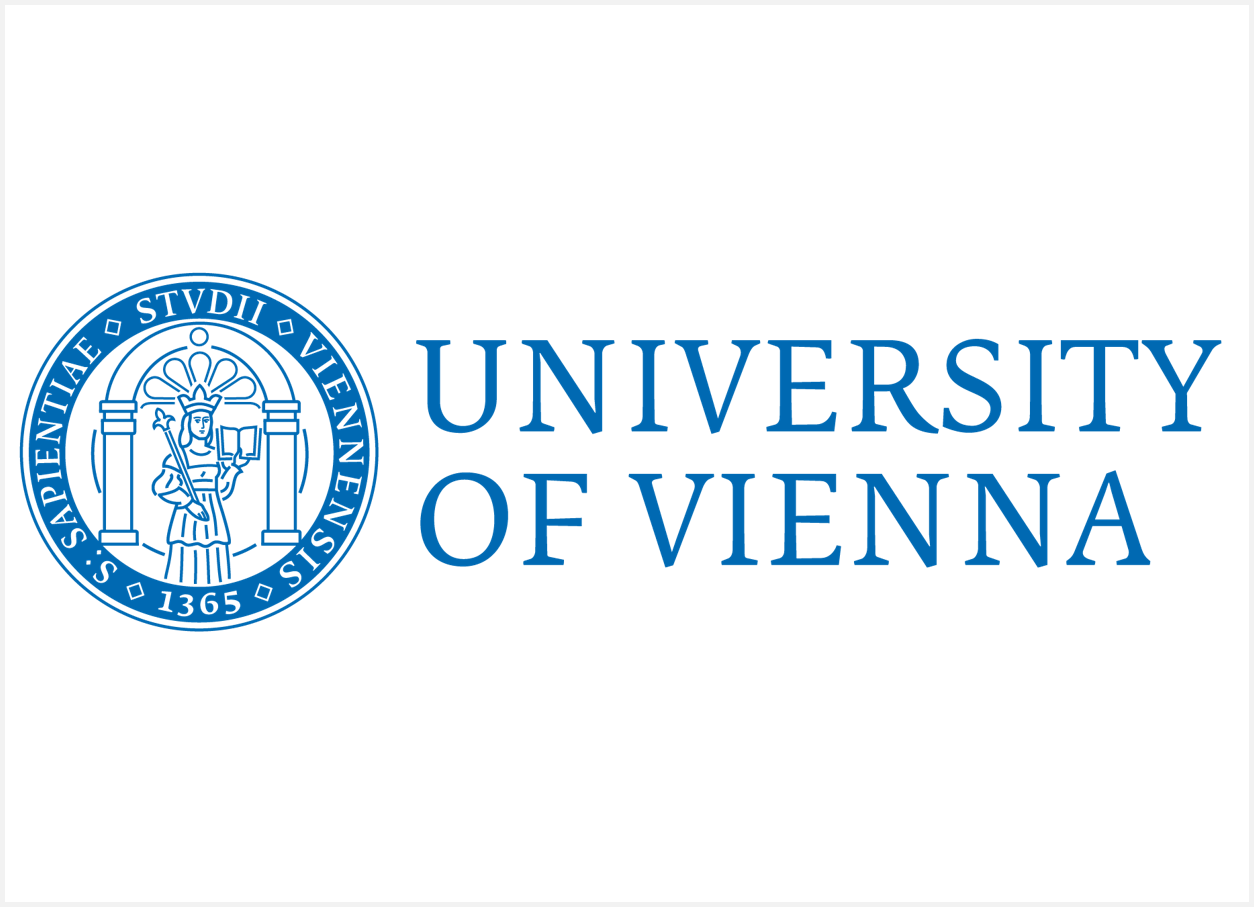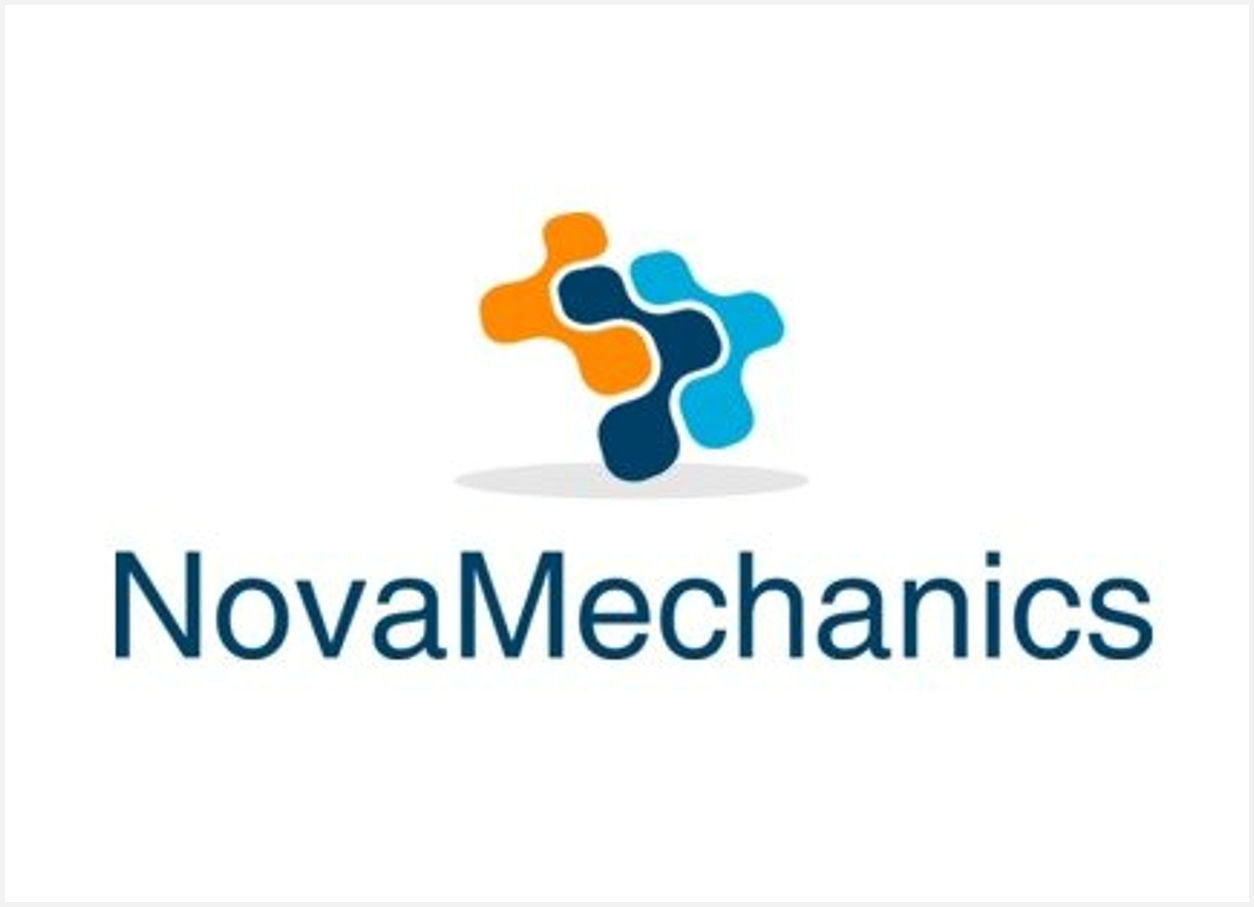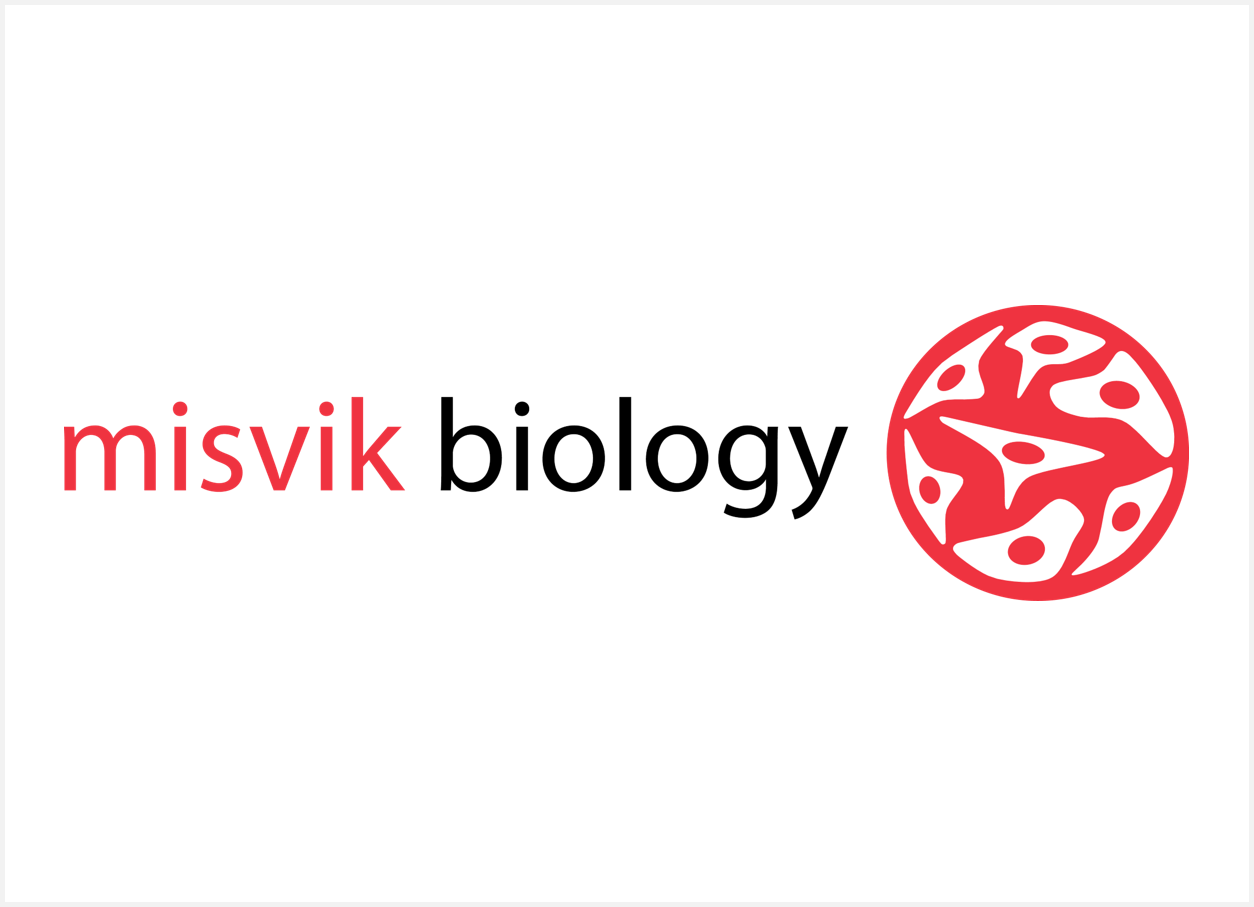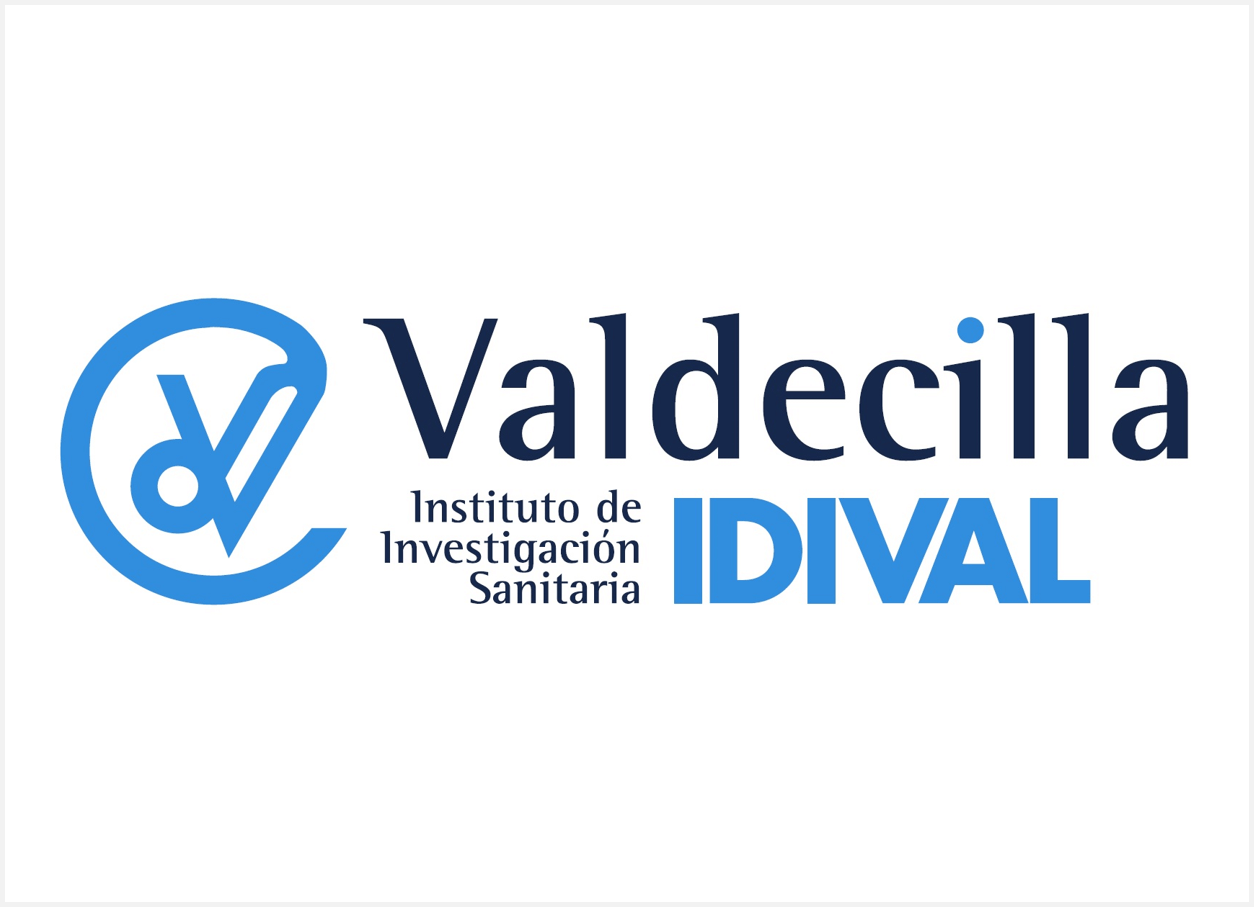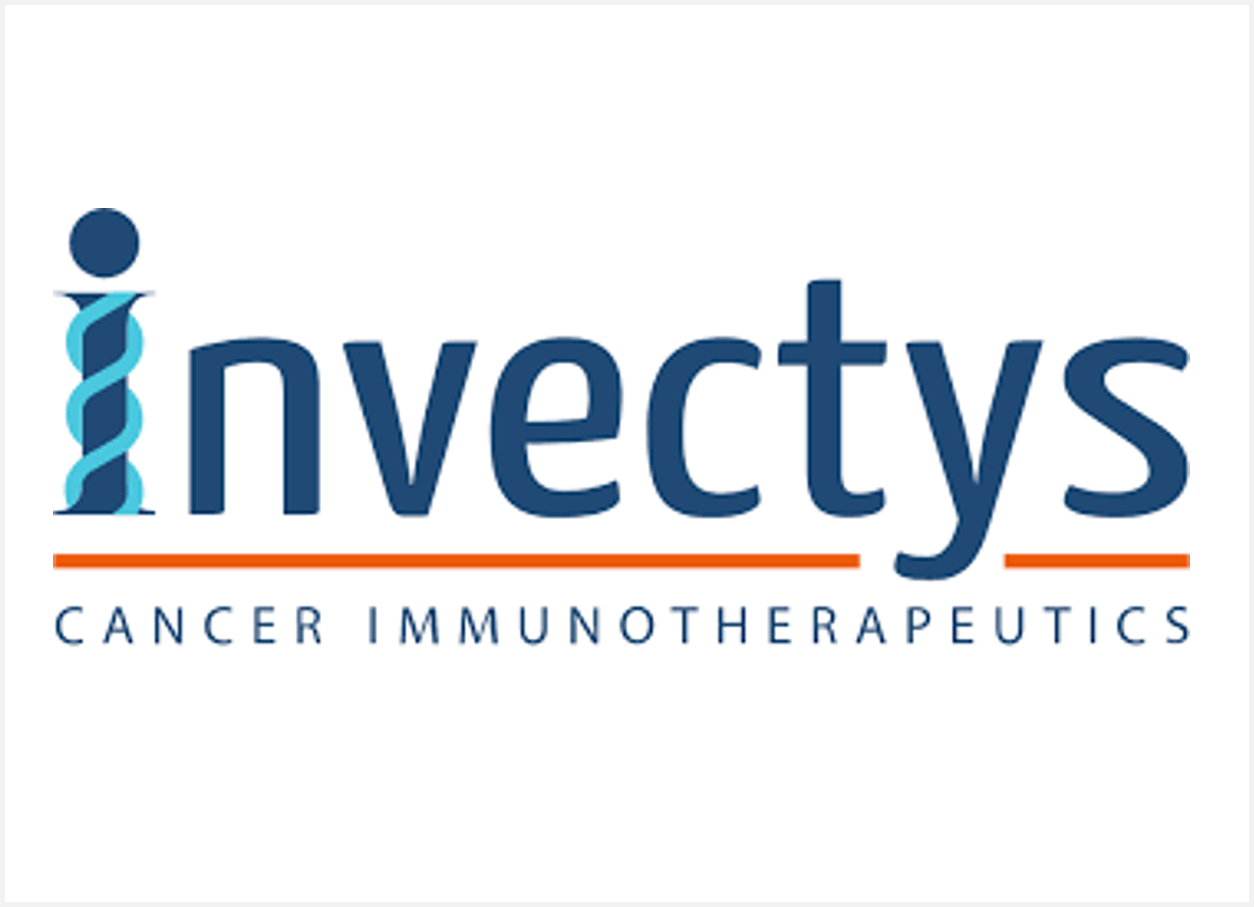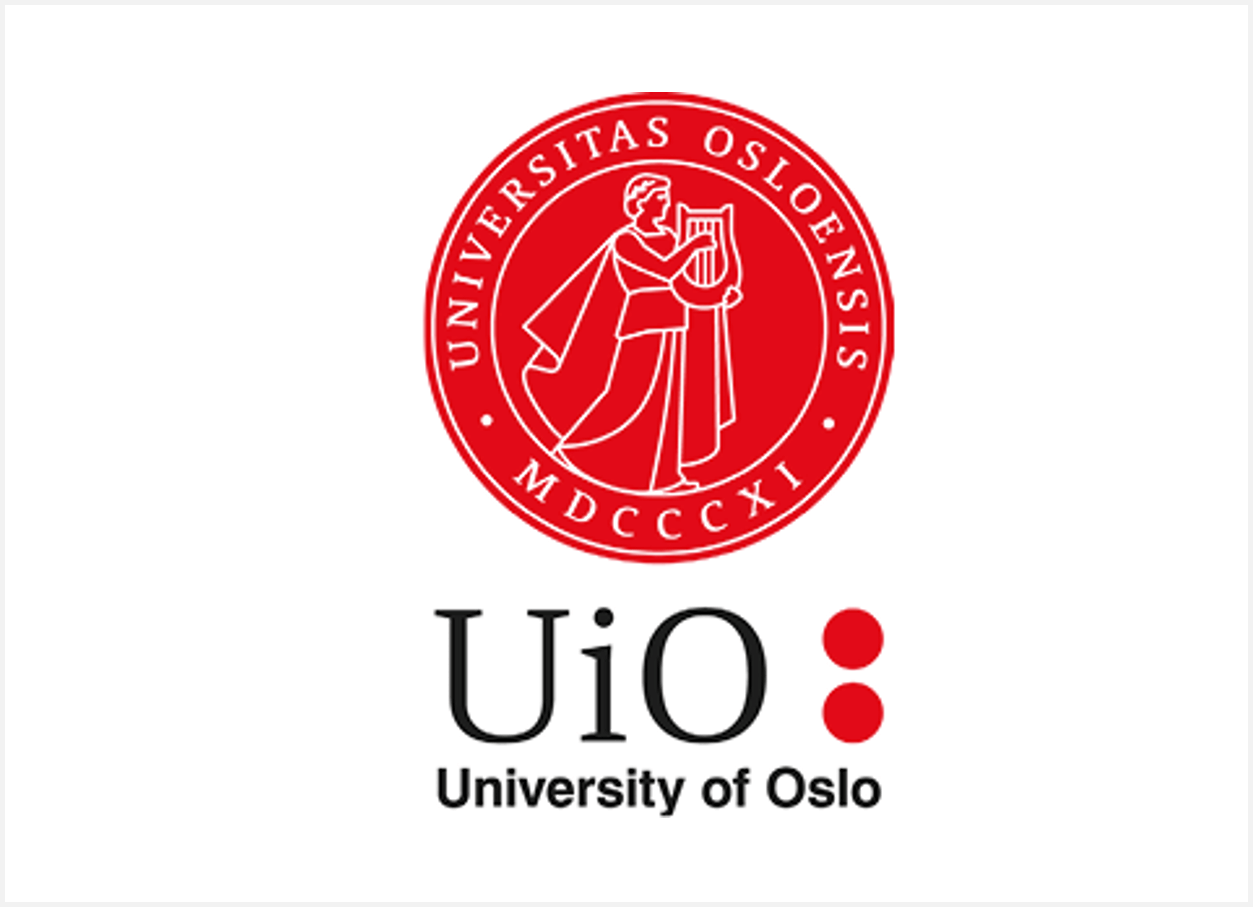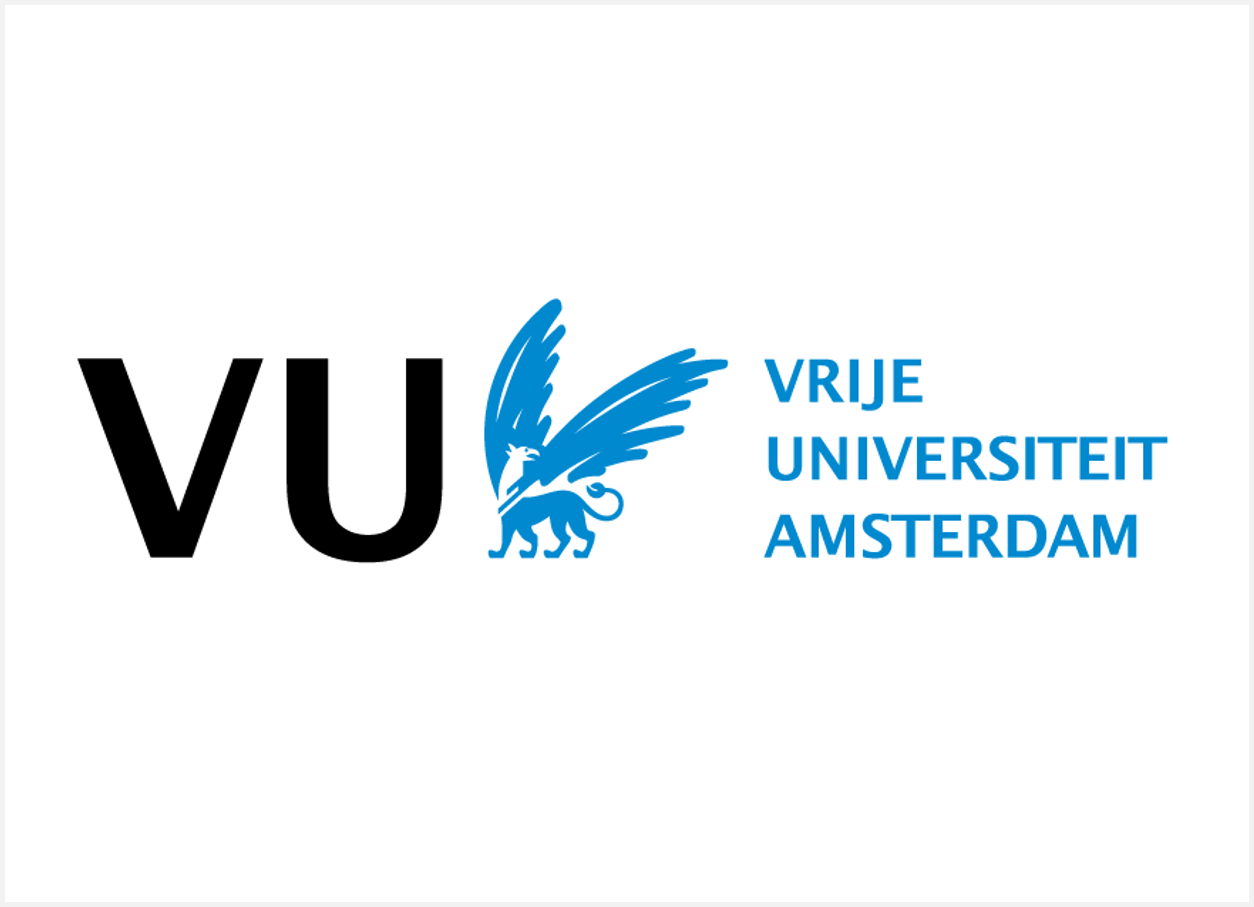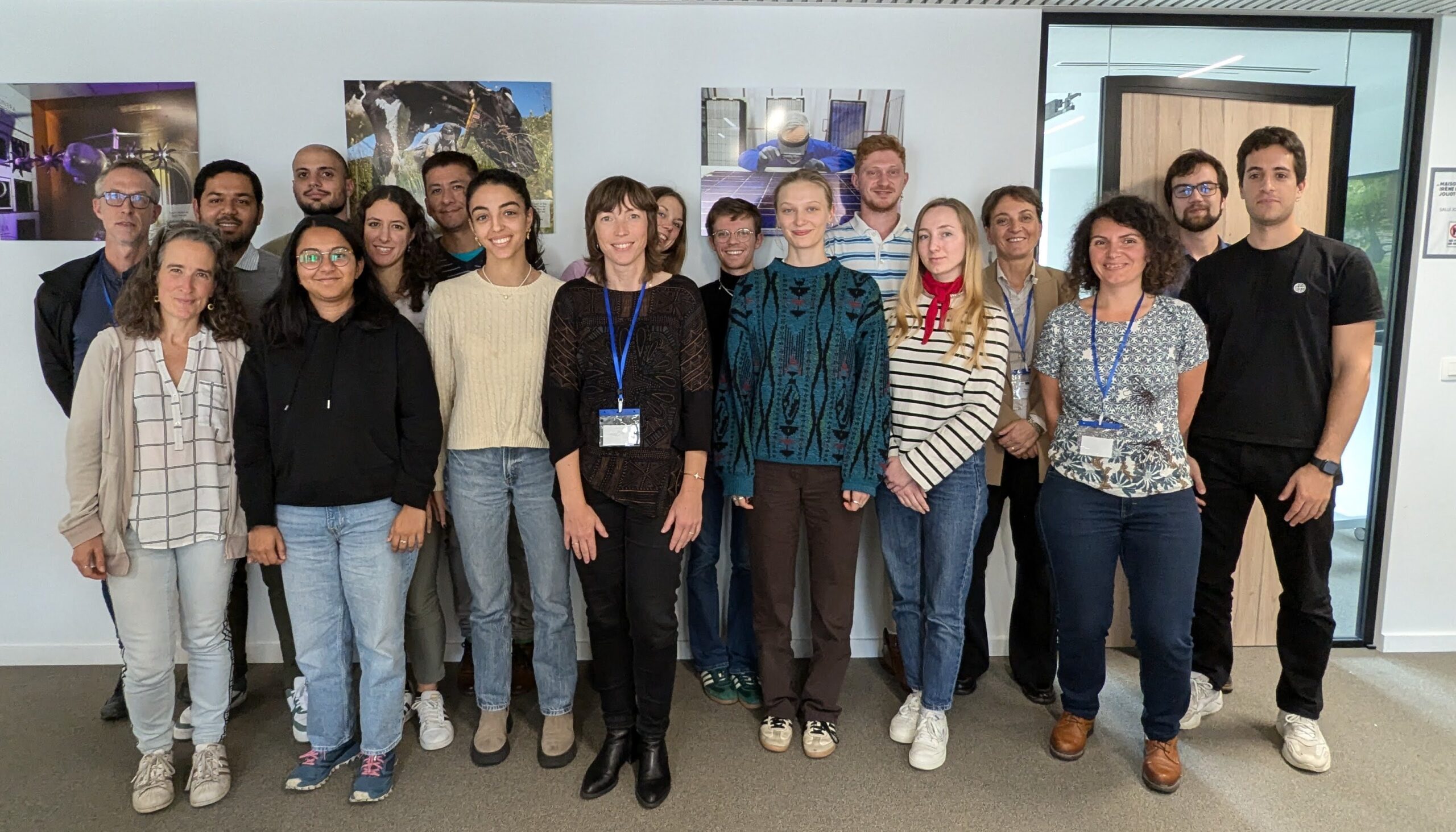
Melomanes doctoral researchers met in Brussels from September 23-27 for a productive week of workshops, activities and networking.
Throughout the week, we welcomed international speakers from diverse fields such as on open science, research policy, the circular economy, sustainability and sociology. These workshops and roundtable discussions offered early career researchers the opportunity to explore the vital connections between science, society, and the environment. Each day, the invited speakers guided the conversations around important topics, and advised the participants on how to apply these concepts to their own research projects.
Take a closer look at each day’s key events:
Workshop on open science, research integrity and science in society
Day 1: Monday, September 23rd
The first day of the training week was led by Dejan Dvorsek (European Commission, DG RTD) and Gareth O’Neill (Technopolis), who introduced the challenges of sharing data and results with Open/FAIR data. Later, Solène Lellinger (University of Paris) presented historical cases from the pharmaceutical industry where open results could have a significant impact. A talk by Muki Haklay (University College London) emphasised the power of citizen science and how it can serve as a “research superpower” for making science more inclusive and impactful. Erzsébet Toth Czifra (European Science Foundation) introduced the participants to CoARA and the research contributions to society.
Day 2: Tuesday, September 24th
The second day started with a group activity on citizen science led by Victoria Brotto (University of Strasbourg), guiding participants to explore practical ways of engaging the public in research. The focus shifted to research integrity, with Alexander Hasgall (Swiss National Science Foundation) explaining the ethical considerations related to research integrity and open data, and Christophe Pouzat (CNRS) presenting an overview of reproducible research implementation tools. In the afternoon, Stephan Guttinger (University of Exeter) gave a thought-provoking talk on the replicability crisis in modern science.
Workshop on circular economy and sustainable development in research and innovation
Day 3: Wednesday, September 25th
Day three began with our European Project Manager, Marion Roullet, who led an interactive activity using the Doughnut Economics framework to aid participants in assessing the environmental impacts of their research projects, followed by an overview of circular economy principles. Silvia Gross (University of Padova) discussed innovations in green chemistry with an emphasis on inorganic materials, while our Melomanes doctoral researcher, Jacopo Sorani (Empa) presented life cycle analysis (LCA) in sustainable biomedical design. The day concluded with Bernd Nowack (Empa) who explained the process of evaluating environmental risks associated with the use of nanomaterials in medical contexts.
Workshop on European research policy
Day 4: Thursday, September 26th
The workshop was kicked off by Hugo Pinto de Abreu (European Commission), who talked about the European Education Area and the role of Universities in addressing Europe’s critical challenges through research. Sohail Luka (European Commission) represented Marie Skłodowska-Curie Actions, highlighting the Doctoral Network’s impact on creating international collaborations and early career researchers’ post-doctoral opportunities. Later, Michele Rosa-Clot (European Commission) introduced the European Charter for Researchers and Farouk Allouche (Eurodoc) led an engaging session on improving researcher mobility across Europe. The day ended with Jan-Willem Van de Loo (European Commission) presenting the Cancer Mission as a case study for research funding and Laurent Bontoux (European Commission) discussing the importance of strategic foresight as a policymaking skill.
Workshop on Science & Society dialogue
Day 5: Friday, September 27th
On the final day, our Melomanes doctoral researcher Ayush Shukla and Anna Aris from the Athena Institute organised a workshop for our DRs, focused on mapping the complex interactions between researchers, technologies, and the various social, material, and institutional actors surrounding their projects. Through a series of creative activities, researchers reflected on the dynamics within their socio-technical systems and the actors impacting their work.
Join Our Mailing List
Events and Training
Get involved in our project
We organise regularly events and training open to everyone.

